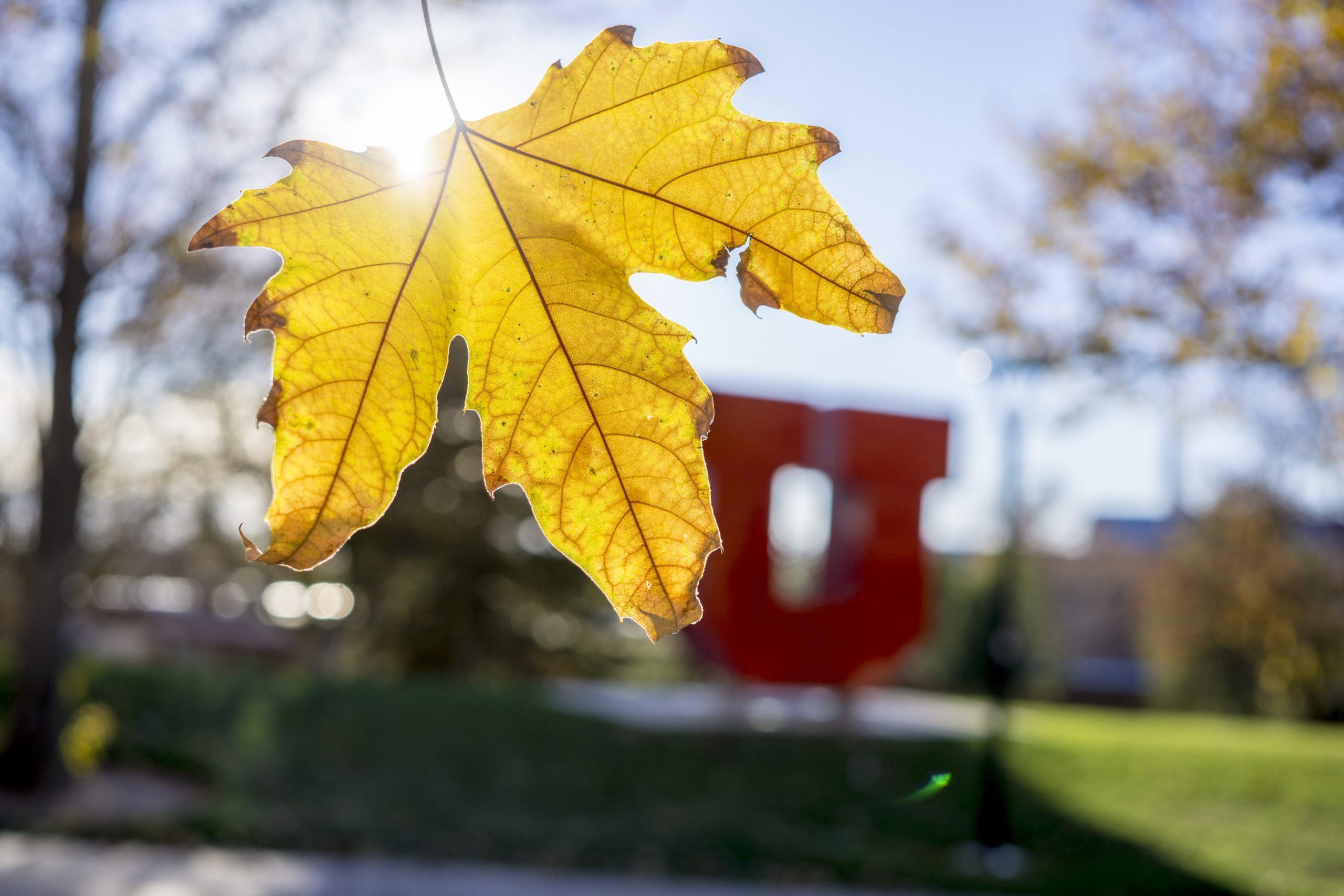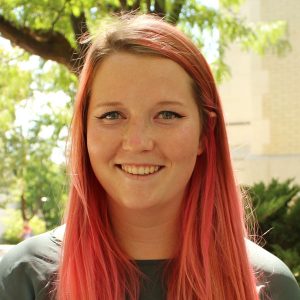
Mary-Jo Dalton, Student Staff
The McCluskey Center for Violence Prevention focuses on just that—prevention. The structure of the MCVP utilizes a power-conscious and intersectional framework. This framework guides the work of preventing relationship and sexual violence (RSV). The MCVP differs from other centers on campus in that our sole focus is primary prevention. We undertake primary prevention through education, research, professional development, engaging campus community members in primary prevention, designing specialized programs, and more. These approaches are the ways we will meet our strategic goals, which you can read about in-depth here.
Education is an important part of primary prevention. There are many myths and beliefs that perpetuate rape culture. Education can dismantle these myths and provide a clearer picture of the issue. Education is important in teaching students and all members of the campus community about consent and healthy sexual relationships. Primary prevention research covers a wide range of topics from risk and protective factors of perpetration, effective interventions, what can be learned from other primary prevention work, and so on. Research and education are foundational elements to doing effective primary prevention. The MCVP has several working groups, drawing on the knowledge of campus community members to discuss and learn together on several issues including campus education series, community and identity-based education, engaging men, patterns of perpetration, and perpetration intervention. These working groups are made up of staff, faculty, and students from all over campus bringing different perspectives and experiences to address these big issues. The MCVP is doing work that few institutions of higher education have before, to address these systemic and deeply rooted issues which will take creativity and input from a diverse collection of people who bring different knowledge and lived experiences. Undergraduates from all majors, staff from all over campus, from the research park to student affairs, graduate students, Ph.D. students, and more have joined these working groups to share their personal expertise.
Many efforts to stop RSV before it happens are not as effective as possible because they do not directly address current or potential perpetrators. The purpose of the work done at the MCVP is to stop perpetration before it happens. To do this, direct intervention is a must. The current system is not intervening with perpetrators in an effective manner. Many survivors do not want to report the perpetrator because they do not want that individual to get into trouble but want them to understand the harm they’ve caused and to stop doing it. The current system does not have a space for such a wish. At the MCVP, we are listening to what people are saying they want, what is not working in the current system, where the system fails people, etc., and incorporating that information into accomplishing effective primary prevention.
The rates of rape and sexual violence on college campuses have not changed since the 1950s. There needs to be a change in how we approach primary prevention because it is not working as is. By focusing our efforts and resources on primary prevention to directly intervene with potential and current perpetrators before they commit harm, we hope to stop rape and sexual violence altogether. That is the goal of our work.
 MaryJo Dalton is an undergraduate student in the College of Social Work. She is also working on a minor in philosophy and a Substance Use Disorder Counseling Certificate. She loves to learn and spends time reading, going to lectures and conferences, and taking online courses for free. MaryJo enjoys working with people and being involved in her community. She also enjoys being outside, going to art galleries, and spending time with her friends and family.
MaryJo Dalton is an undergraduate student in the College of Social Work. She is also working on a minor in philosophy and a Substance Use Disorder Counseling Certificate. She loves to learn and spends time reading, going to lectures and conferences, and taking online courses for free. MaryJo enjoys working with people and being involved in her community. She also enjoys being outside, going to art galleries, and spending time with her friends and family.
